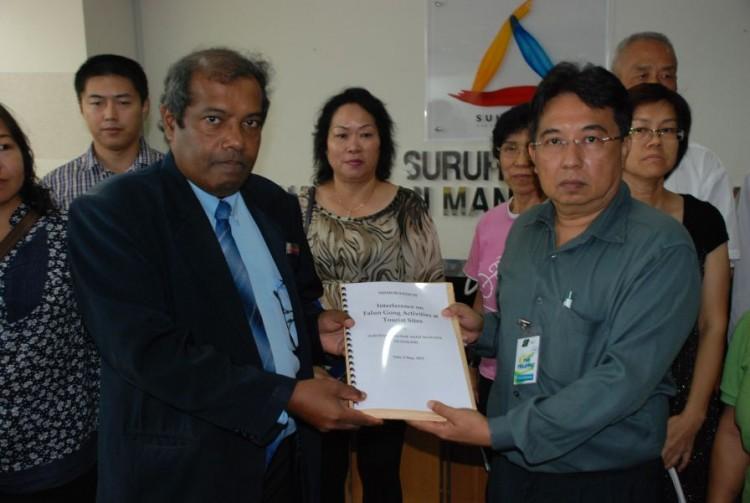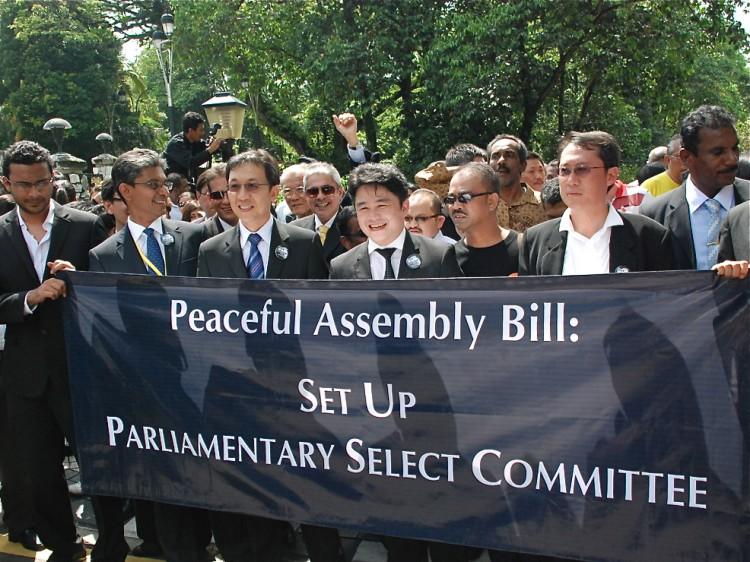The Centre of Independent Journalism (CIJ) in Malaysia has added to calls for the Malaysian government to introduce a freedom of information act arguing that it would be one of the best tools to keep corruption at bay.
Speaking at a forum recently held in Kuala Lumpur, Gayathry Venkiteswaran, the executive director of CIJ, said that a freedom of information act would allow Malaysian citizens to keep a check on people in power, while adding that it could make public services by more efficient.
“When people have information, they have the power to make better decisions,” said Ms V. Gayathry.
Malaysia’s ruling and opposition parties are currently debating if their country will have a freedom of information act that would allow their citizens the right to access official documents.
Currently, Malaysians are not able to request official documents and information from government offices, nor is the government obliged to provide any information to the public at all.
Moreover, Malaysia’s Official Secrets Act of 1972 prohibits the dissemination of official information. Offenders to this act will be fined and charged with a mandatory jail sentence.
However, Selangor State, the richest state in the country and governed by the opposition party Pakatan Rakyat (PR), is the first state in Malaysia to table the Freedom of Information (Selangor) Enactment Bill.
The PR will attempt to have the bill passed by March 2011 and if successful it will allow public access to information from all state government departments.
But the ruling party, Barisan National (BN) opposes the move, saying that the FOI contradicts the Official Secrets Act.
Ms V. Gayathry would like to see the federal government change its mind.
“We hope the federal government can follow the footsteps of Selangor state government to enact the FOI Act,” said Ms V. Gayathry. “We can’t be effective voters and citizens without information.”
She gave examples of information that can be obtained from the government if the FOI Act is put in place; organization charts of the government offices, rules and regulation, manuals, annual reports, directory of officials and employees, monthly remuneration documents and so on.
“We need the FOI Act in Malaysia simply because it is our fundamental right,” added Ms V. Gayathry.
She said that Malaysia lags behind other countries in passing a FOI Act and remarked that such laws have been in European countries as early as the 18th century. She said that in Asia - Thailand, India and Indonesia – the official information acts have been implemented, hence, the argument put forward by some that human rights are inconsistent with Asian values is simply not true.
Ms V. Gayathry was one of several speakers at the: “Do we really need an FOI Act?” forum which was jointly organized by The Civil Rights Committee, KL & Selangor Chinese Assembly Hall and the CIJ.



